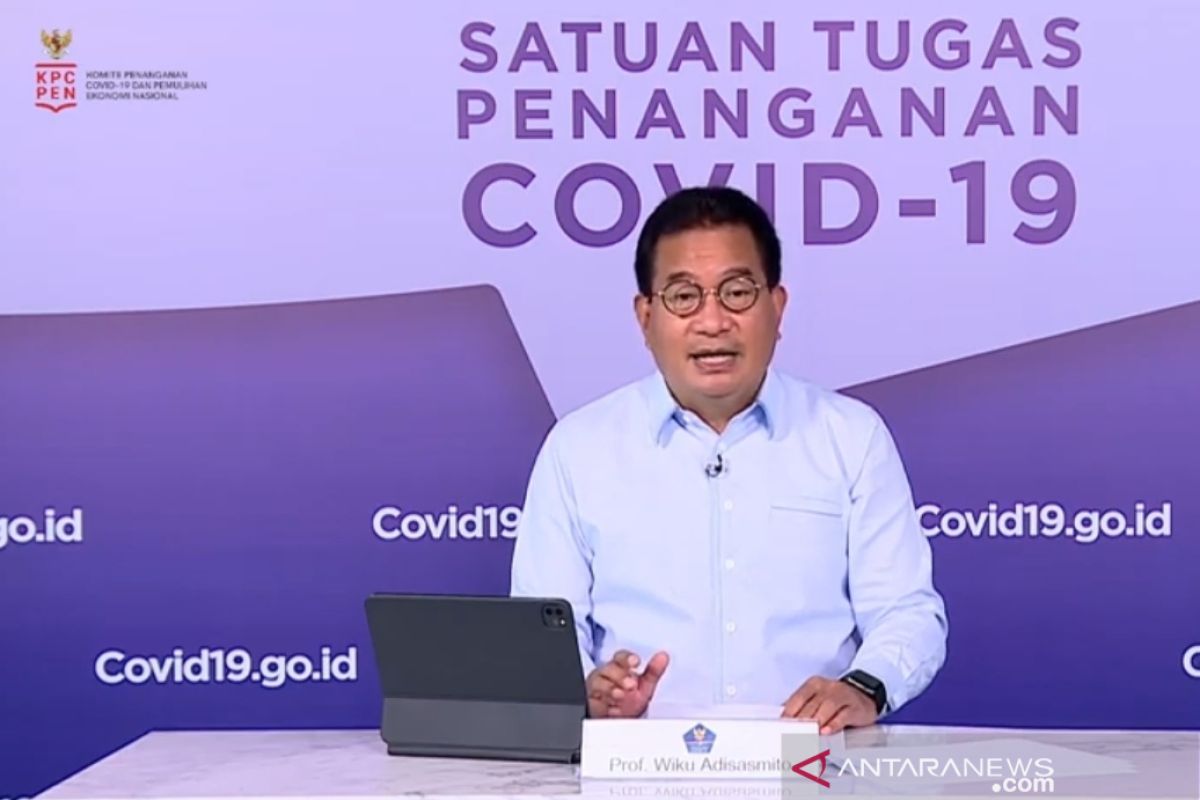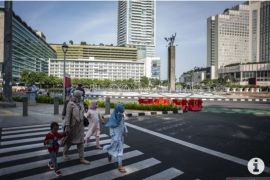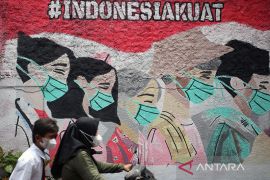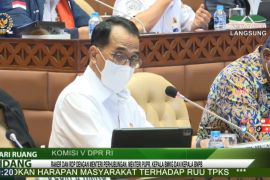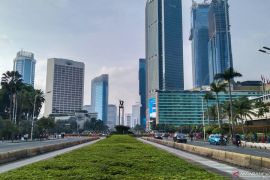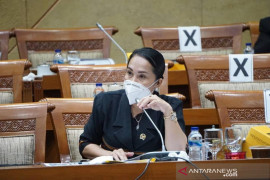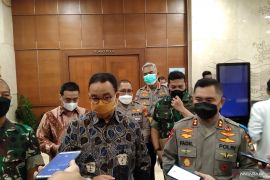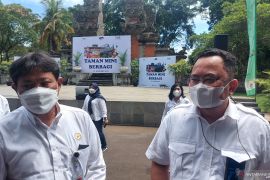"The level was also decided after taking into account the region's response capacity," Adisasmito stated during a virtual press conference observed here on Friday.
To this end, changes in one aspect will not guarantee a significant impact, especially for the regional PPKM level result.
Beyond that, Adisasmito noted that other aspects covered the quality of recording of COVID-19 cases and reporting remain objects of observation and reinforcement in future.
This is since data is a crucial aspect in the decision-making process, including the data accrual efforts in the last 21 days, according to the professor.
"Generally, during this data migration period, there will be findings where there is a change in the condition that necessitates a response, such as decreasing number of active cases since the patients had recovered or passed away," he elaborated.
To this end, the Health Ministry and regional government must actively coordinate to synchronize their data to facilitate greater data interoperability, he noted.
Adisasmito is optimistic of no further delays in the reporting of data from the regional to the central government to expedite accurate decision-making.
"There will no longer be any discrepancy in data between the central and the regional government in future," he asserted.
Earlier, Head of the COVID-19 Handling Task Force's Behavior Change Sonny Harry B. Harmadi shed light on various indicators that became the factors to determine the extension of PPKM.
Harmadi explained that field indicators for extending PPKM comprised developments in cases of infection in each region, handling response of health services, and socio-economic conditions of citizens.
Related news: Extending PPKM can help lower active cases to 100,000: expert
Related news: 23 districts, cities outside Java-Bali extend Level 4 PPKM: govt
Related news: Indonesia's COVID-19 situation better than neighboring nations
Translator: Zubi Mahrofi, Fadhli Ruhman
Editor: Sri Haryati
Copyright © ANTARA 2021
